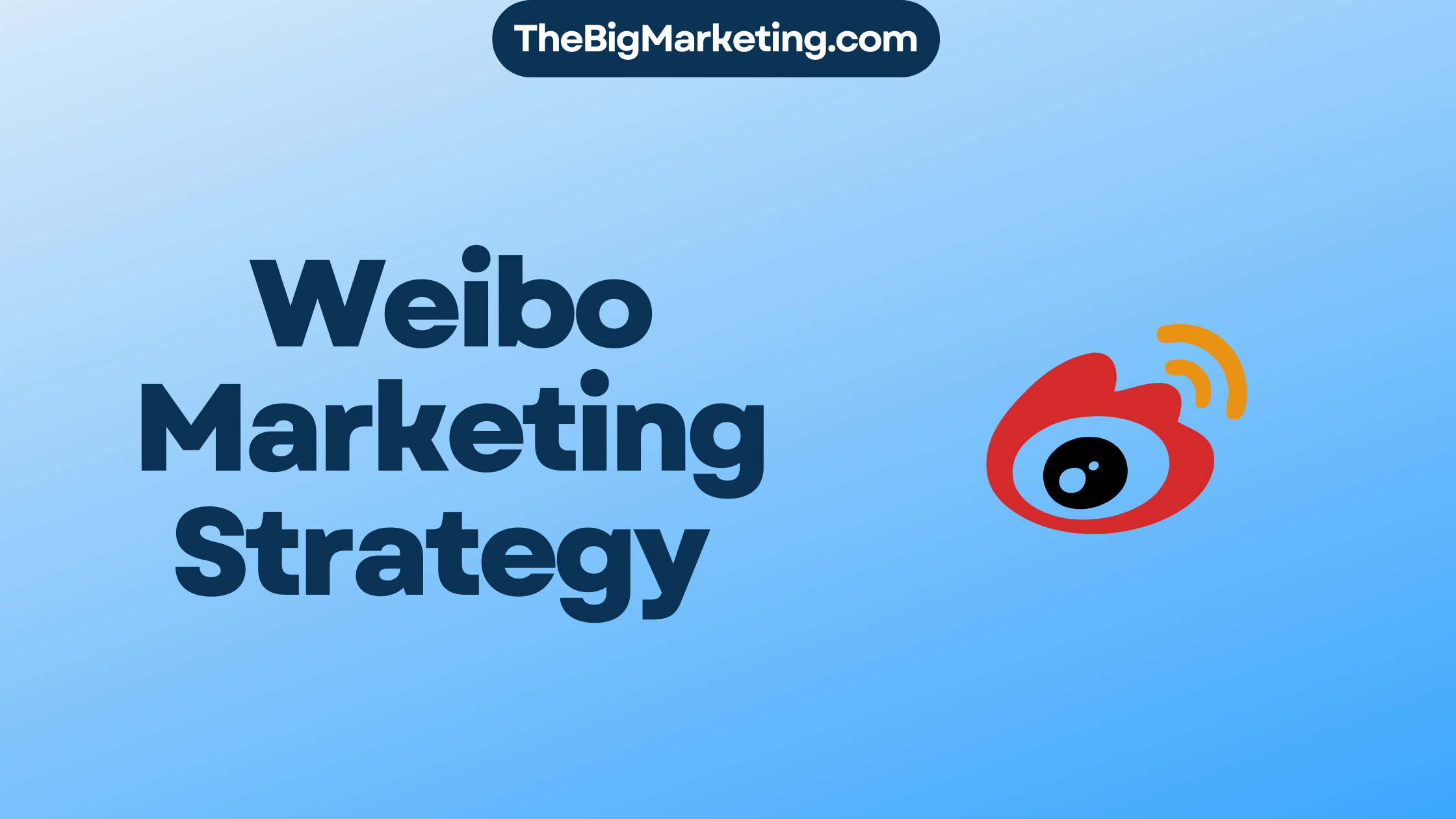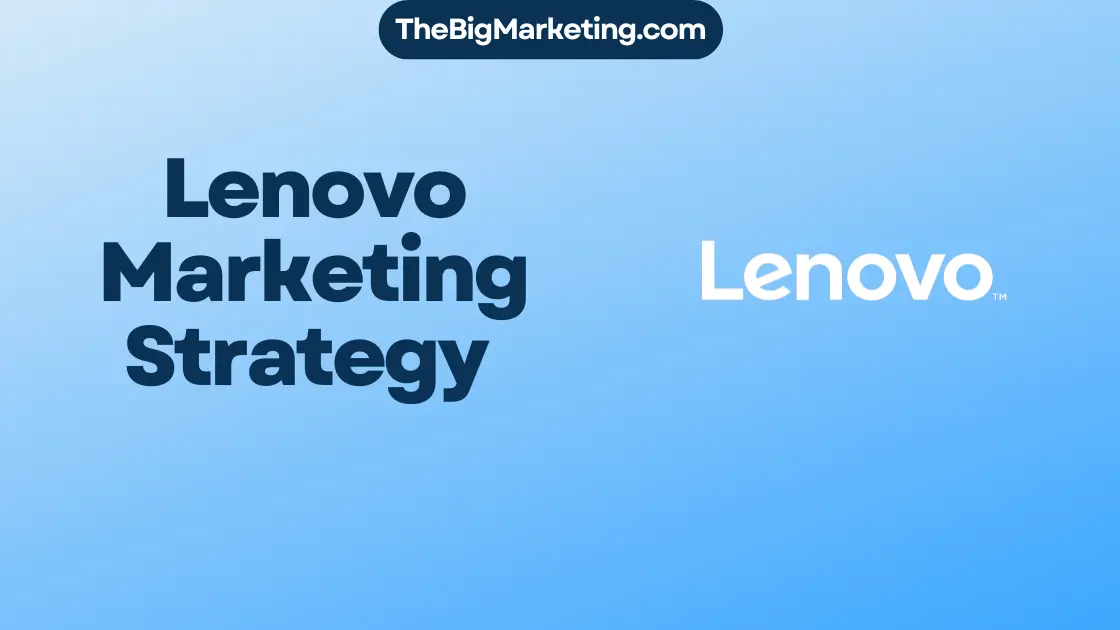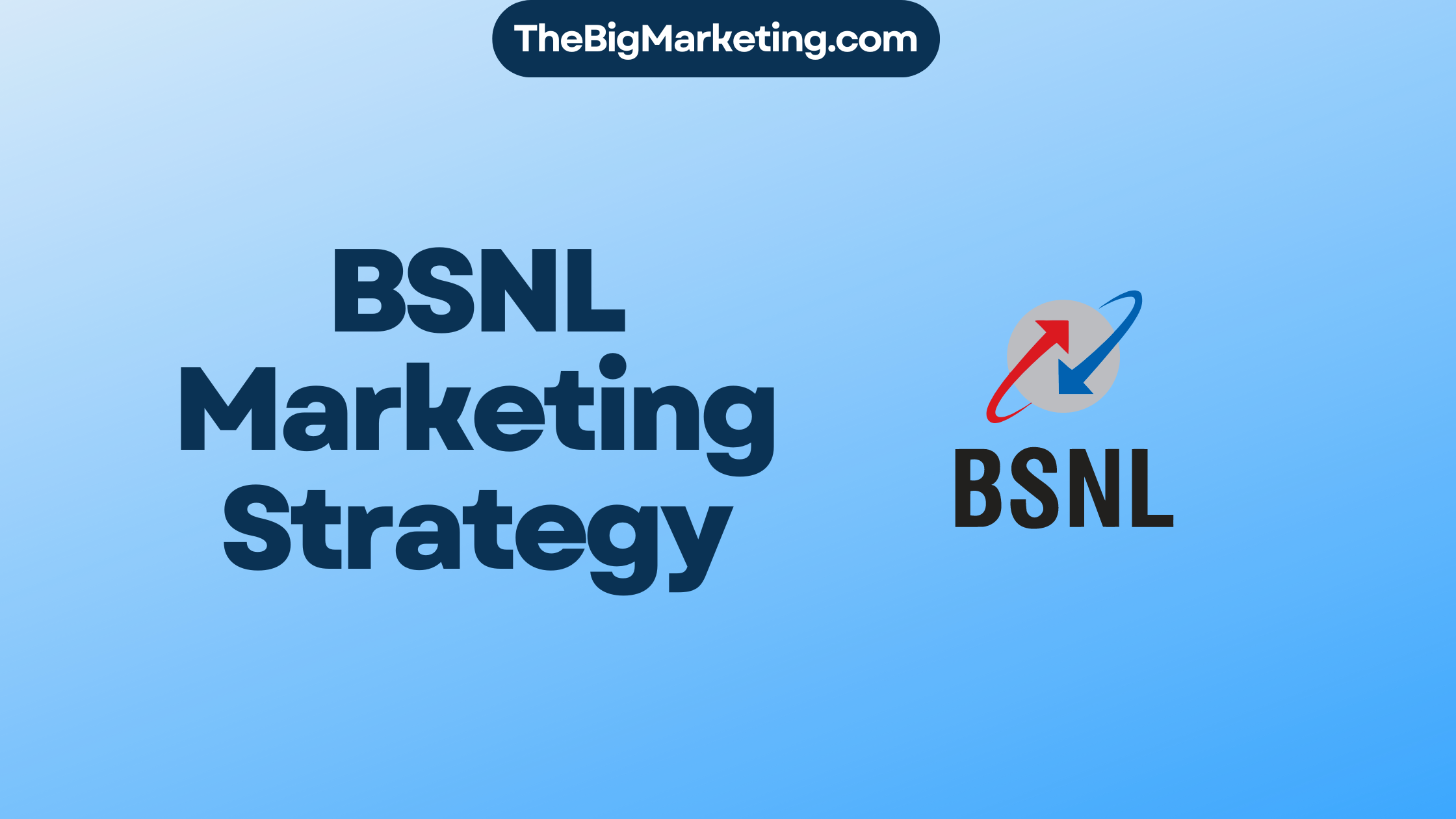A focus group is a small group of people, typically representative of your target market, with whom you share ideas and ask questions about your product, service, or business. The individuals who make up the focus group should be a mix of current customers and potential customers. Focus groups provide valuable insights and feedback, helping businesses better understand consumer preferences and make informed decisions for marketing strategies. They offer the opportunity to collect more accurate needs assessments, pull meaning behind facts and numbers obtained from surveys, and adjust product features based on customer pain points.
Key Takeaways:
- A focus group is a small group of individuals representing the target market, providing valuable insights and feedback for marketing strategies.
- Target audience representation in focus groups ensures accurate needs assessment and adjustment of product features.
- Focus groups allow businesses to understand consumer preferences, make informed decisions, and pull meaning from survey data.
- Effective focus group sessions can help refine marketing strategies and gain a competitive edge in the market.
- By conducting focus groups and following best practices, businesses can extract valuable insights and improve decision-making processes.
The Role of Focus Groups in Market Research
Focus groups play a crucial role in market research by providing valuable insights into consumer behaviors and preferences. They offer businesses a deep understanding of their target audience, enabling them to make informed decisions and develop effective marketing strategies.
Market research strategies often rely on quantitative data obtained through surveys and analytics. However, focus groups provide a qualitative research method that goes beyond numbers, allowing businesses to explore the thoughts, motivations, attitudes, and opinions of their audience.
By conducting focus groups, businesses gain consumer behavior insights that cannot be captured through surveys alone. These interactive discussions provide a platform for participants to express their preferences, discuss their experiences, and offer detailed feedback.
Through the use of skilled moderators, focus groups encourage participants to share their thoughts openly and engage in meaningful conversations. This qualitative research method enables businesses to uncover valuable insights and identify emerging trends that may not be apparent through other market research techniques.
Furthermore, focus groups allow for audience preferences analysis, providing businesses with a deep understanding of what their target market desires. The interactive nature of focus groups allows participants to express their opinions and preferences, illuminating the thought processes behind their decision-making.
The insights gained from focus groups can guide product development, marketing strategies, and messaging by aligning them with the preferences and desires of the target audience. By utilizing the information gathered from focus groups, businesses can tailor their offerings to meet the specific needs and preferences of their customers.
| Market Research Strategies | Consumer Behavior Insights | Qualitative Research Method | Audience Preferences Analysis |
|---|---|---|---|
| Utilizes focus groups as a valuable research tool | Offers in-depth insights into consumer behaviors | Focuses on qualitative data collection and analysis | Examines audience preferences and desires |
| Combines quantitative and qualitative research methods | Uncovers motivations, attitudes, and opinions of the target audience | Provides a platform for interactive discussions | Identifies emerging trends and hidden consumer preferences |
| Informes decision-making processes and marketing strategies | Guides product development and messaging | Allows for a deeper understanding of the target market | Enables tailored offerings based on customer needs |
Conducting a Successful Focus Group
To conduct a successful focus group, it is important to have a well-planned agenda. The focus group agenda sets the structure and guides the discussion, ensuring that all important topics are covered and that the session remains productive.
Focus Group Agenda
The focus group agenda should include the following key elements:
- Welcoming Participants: Begin the session by welcoming participants and creating a friendly and comfortable atmosphere. This helps establish rapport and encourages open communication.
- Introducing the Research Team: Introduce the research team members to the participants. This builds trust and confidence in the research process.
- Establishing Ground Rules: Set clear ground rules for the group discussion. This ensures that everyone has an equal opportunity to speak and that the session remains respectful and focused.
Methodical Questioning
During the focus group, it is important to ask questions in a methodical manner. Start with broader questions to generate initial thoughts and then move on to more specific subtopics. This helps maintain a flow of conversation and ensures that all relevant areas are addressed.
Methodical questioning also allows for meaningful discussions and the exploration of different perspectives within the group. It helps uncover valuable insights and provides a comprehensive understanding of participant opinions and preferences.
Wrap-up Thoughts
At the end of the focus group session, it is essential to wrap up by summarizing key points and thanking participants for their time and contributions. This demonstrates appreciation for their input and encourages future engagement.
The wrap-up also provides an opportunity to clarify any follow-up steps or address any remaining questions or concerns from the participants.
In summary, conducting a successful focus group involves a well-planned agenda, welcoming participants, establishing ground rules, methodical questioning, and a thoughtful wrap-up. These practices help facilitate meaningful discussions, gather valuable insights, and ensure that all necessary information is gathered for decision-making.
Running an Effective Focus Group
Running an effective focus group is crucial for obtaining valuable insights and feedback. To ensure a successful session, several key factors need to be considered, such as topic selection, question preparation, participant recruitment, and feedback analysis.
Topic Selection
The first step in running an effective focus group is selecting a relevant and specific topic for discussion. The topic should align with the research objectives and target audience, enabling focused and meaningful conversations.
Question Preparation
Preparing well-crafted questions is essential for eliciting detailed and insightful responses from participants. The questions should be open-ended, facilitating in-depth discussions and encouraging participants to share their thoughts, opinions, and experiences.
Focus Group Questionnaire
A focus group questionnaire helps guide the discussion and ensures all necessary topics are covered. It provides a structure for the moderator and participants, helping to maintain a coherent flow of conversation and explore different aspects of the chosen topic.
Note-taking
Appointing a skilled notetaker to record the discussion is essential for capturing the nuances of the conversation accurately. The notetaker should focus on key points, participant insights, and any emerging themes or patterns that arise throughout the session.
Participant Recruitment
The success of a focus group relies on recruiting the right participants who truly represent the target audience. Recruiting methods may include online surveys, email invitations, or partnerships with recruitment agencies, ensuring a diverse and varied group.
Consent and Discussion Start
Prior to the focus group, participants should provide informed consent and understand the purpose of the session. The moderator should set the stage by creating a welcoming and relaxed atmosphere, facilitating introductions, and explaining ground rules for the discussion.
Equal Representation
Seeking equal representation among participants is crucial for obtaining diverse perspectives. This can be achieved by considering factors such as age, gender, ethnicity, and socioeconomic backgrounds, ensuring a well-rounded and inclusive discussion.
Time Management
Managing time effectively during a focus group is vital to cover all necessary topics without exceeding the allotted time. The moderator should guide the discussion, ensuring equal participation and addressing any tangents or off-topic conversations.
Feedback Analysis
Once the focus group session is complete, the feedback collected needs to be analyzed and interpreted. This involves reviewing the discussion transcripts, identifying themes and patterns, and extracting valuable insights that can inform decision-making processes.
An effective focus group session requires careful planning, thoughtful execution, and diligent analysis. By following these best practices, businesses can harness the power of focus groups to gain valuable consumer insights and drive informed decision-making.
Importance and Benefits of Focus Groups in Marketing
Focus groups play a crucial role in marketing research, providing valuable consumer insights and helping businesses gain a deeper understanding of their target market. By conducting focus groups, companies can collect qualitative data that goes beyond simple statistics and numbers, allowing them to uncover the motivations, preferences, and pain points of their customers.
One of the key benefits of focus groups is the opportunity to understand consumer preferences and motivations. By engaging directly with participants in interactive discussions, businesses can gain valuable insights into why customers make certain purchasing decisions and what factors influence their choices.
This knowledge enables businesses to refine their marketing strategies and tailor their products to meet customer needs effectively. By understanding the wants and needs of their target market, companies can develop more targeted advertising campaigns, create products that resonate with customers, and ultimately gain a competitive edge in the market.
Focus groups also provide a platform for informed decision-making. By gathering feedback and opinions from a diverse group of participants, companies can make decisions based on real consumer insights rather than assumptions or guesswork. This allows businesses to make more informed choices about product development, marketing tactics, and overall business strategies.
Additionally, focus groups help businesses discover consumer pain points. Through open discussions and dialogue, participants can share their frustrations, concerns, and challenges, providing valuable feedback on what can be improved. This insight allows companies to address these pain points and develop solutions that better meet the needs of their customers.
In summary, focus groups are a valuable tool in the marketing research arsenal. They provide consumer insights, refine marketing strategies, facilitate informed decision-making, and help businesses stay ahead of the competition. By utilizing focus groups as part of their market research strategy, companies can gain a deeper understanding of their target market and effectively tailor their products and marketing efforts to meet customer needs.
Focus Groups vs Surveys in Marketing Research
When it comes to conducting market research, businesses have the option to utilize focus groups or surveys. These research methods are widely used and offer unique advantages and disadvantages based on the objectives and target audience of the research.
Qualitative vs Quantitative Research:
Focus groups are a form of qualitative research that allows for in-depth insights. By engaging participants in interactive discussions, businesses can gain a deeper understanding of consumer preferences, motivations, and opinions. This qualitative data provides valuable context and helps uncover the reasons behind consumer behaviors.
https://www.youtube.com/watch?v=a_i2xMqb3d4
On the other hand, surveys are a quantitative research method that allows businesses to collect broad data from a large sample size. Surveys enable businesses to gather numerical data, measure trends, and analyze patterns in a more structured and standardized format. This quantitative data provides statistical insights and allows for comparisons and generalizations.
Advantages and Disadvantages:
When deciding between focus groups and surveys, businesses need to consider the advantages and disadvantages of each method.
Advantages of focus groups:
- Allows for in-depth insights and understanding of consumer motivations and preferences
- Provides rich qualitative data, valuable for exploratory research
- Allows businesses to observe non-verbal cues and group dynamics
- Fosters interactive discussions and encourages participants to build upon each other’s ideas
Disadvantages of focus groups:
- Small sample size limits generalizability
- Time-consuming and requires coordination of participants
- Results can be influenced by dominant or biased participants
- Data analysis can be subjective and challenging
Advantages of surveys:
- Allows for broad data collection from a large sample size
- Results are easily quantifiable and lend themselves to statistical analysis
- Efficient and cost-effective method, especially with online surveys
- Can provide insights into customer demographics and preferences
Disadvantages of surveys:
- May lack in-depth insights and context behind consumer behaviors
- Higher chances of response bias and incomplete or inaccurate data
- Designing effective survey questions can be challenging
- Risk of low response rates, affecting the representativeness of the data
Ultimately, the choice between focus groups and surveys depends on the research goals and target audience. If businesses seek a deep understanding of consumer motivations and preferences, focus groups are the preferred option. For broad data collection and statistical analysis, surveys provide a more efficient and quantifiable approach. In many cases, a combination of both methods can be used to leverage their respective strengths and enhance the overall research process.
Best Practices for Conducting Focus Groups
When conducting focus groups, it is crucial to adhere to best practices for effective moderation. These practices ensure that the focus group sessions are productive, insightful, and respectful of participants’ time and contributions.
Moderator’s Role and Responsibilities
The focus group moderator plays a pivotal role in facilitating meaningful discussions and extracting valuable insights from participants. The following best practices are essential for successful moderation:
- Active Listening: Actively listen to participants’ responses and engage in the conversation. This demonstrates the moderator’s attentiveness and fosters a comfortable environment for open discussion.
- Encouraging Participation: Create a safe and inclusive space where all members feel comfortable sharing their opinions. Encourage quieter participants to contribute and ensure everyone has an opportunity to speak.
- Neutral Facilitation: Remain neutral and impartial throughout the discussion. Avoid expressing personal opinions or biases that could influence participants’ responses.
- Maintaining Confidentiality: Emphasize the importance of maintaining confidentiality within the group. Assure participants that their opinions and identities will remain anonymous, fostering an environment of trust and honesty.
By following these best practices, the focus group moderator can facilitate constructive dialogue, extract valuable insights, and guide the discussion towards key topics.
Creating a Productive Discussion Environment
Aside from effective moderation, creating a conducive environment for focused and engaging discussions is vital. Consider implementing the following practices:
- Establishing Ground Rules: Set clear ground rules at the beginning of the focus group to ensure respectful and inclusive interactions among participants.
- Managing Group Dynamics: Observe and manage group dynamics to prevent any dominant voices from overshadowing others. Encourage balanced participation and value every individual’s input.
- Encouraging Divergent Perspectives: Foster an environment that welcomes diverse opinions and encourages participants to express differing viewpoints. This can lead to richer insights and new perspectives.
- Prompting Depth and Detail: Ask follow-up questions to encourage participants to provide specific examples, detailed experiences, and deeper insights. This helps uncover underlying motivations and perceptions.
Implementing these practices will help maximize the value derived from focus group discussions and ensure that all participants feel heard, valued, and comfortable sharing their thoughts.
| Best Practices | Summary |
|---|---|
| Active Listening | Engage attentively and show genuine interest in participants’ responses. |
| Encouraging Participation | Promote equal involvement and create a safe space for sharing. |
| Neutral Facilitation | Remain unbiased and avoid influencing participants’ opinions. |
| Maintaining Confidentiality | Assure participants that their input will remain confidential. |
| Establishing Ground Rules | Set guidelines for respectful and inclusive discussions. |
| Managing Group Dynamics | Ensure balanced participation and manage dominant voices. |
| Encouraging Divergent Perspectives | Foster an environment that welcomes diverse viewpoints. |
| Prompting Depth and Detail | Ask follow-up questions to uncover deeper insights. |
Implementing these best practices will contribute to the success of focus groups and the generation of valuable insights for marketing strategies and decision-making.
Focus Group Analysis in Marketing Research
Focus group analysis in marketing research plays a critical role in extracting valuable insights from the data collected during focus group discussions. This process involves interpreting the information gathered and uncovering key patterns, sentiments, and themes that can inform marketing strategies and decision-making.
One technique commonly used in focus group analysis is thematic coding. Thematic coding involves identifying recurring themes or topics within the transcripts of focus group discussions. By categorizing and organizing the data based on these themes, researchers can gain a deeper understanding of consumer perceptions, preferences, and behaviors.
Another essential aspect of focus group analysis is the analysis of transcripts. Researchers carefully review the transcripts, paying attention to the language used, opinions expressed, and the emotions conveyed by the participants. This analysis allows for a comprehensive exploration of the data and helps identify meaningful insights.
Identifying patterns within focus group data is another crucial step in the analysis process. Researchers look for consistent patterns in participant responses, identifying common trends, preferences, or challenges faced by the target audience. These patterns provide valuable information that can guide marketing strategies and help businesses better cater to their customers’ needs.
Furthermore, analyzing sentiments expressed by focus group participants is essential for understanding consumer emotions and attitudes towards a product or service. This analysis focuses on identifying positive or negative sentiments, as well as any underlying reasons or motivations behind these emotions. Analyzing sentiments helps businesses gauge consumer satisfaction, identify pain points, and improve customer experiences.
By employing these techniques and conducting thorough focus group analysis, businesses can extract meaningful data and insights from the discussions. This data serves as a valuable resource for informing marketing strategies, refining product offerings, and making data-driven decisions.
Focus group analysis in marketing research is a powerful tool that allows businesses to gain a deeper understanding of their target audience. Through data interpretation, thematic coding, transcript analysis, pattern identification, and sentiment analysis, businesses can uncover valuable insights that drive informed marketing strategies and ultimately contribute to their success in the market.
The Role of Focus Group Moderators in Marketing Research
Focus group moderators play a crucial role in marketing research. As facilitators of discussions, they have a direct impact on the quality of insights gathered during focus group sessions. Moderators utilize their expertise in facilitation techniques to create a safe and comfortable environment that encourages participants to express their thoughts and opinions openly.
The facilitation techniques employed by moderators help guide the flow of discussions and ensure that all participants have an opportunity to contribute. Skilled moderators employ active listening, allowing them to understand the nuances of participants’ responses and ask probing questions to uncover deeper insights. This requires emotional intelligence, as moderators need to be sensitive to subtle cues and navigate potential conflicts or hesitations to promote a productive and inclusive discussion.
Creating a safe environment is essential for focus group participants to feel comfortable sharing their honest opinions. Moderators establish ground rules that encourage respectful dialogue and assure confidentiality, instilling confidence in participants that their contributions are valued and respected. By fostering an atmosphere of trust, moderators facilitate meaningful discussions that uncover valuable insights for marketing research.
One of the key responsibilities of a focus group moderator is extracting insights from the discussions. They have the ability to synthesize various perspectives and identify patterns or emerging themes that inform marketing strategies and decision-making processes. By actively engaging with participants and asking thought-provoking questions, moderators uncover rich data that goes beyond surface-level responses.
Overall, focus group moderators are integral to the success of marketing research. They employ facilitation techniques, emotional intelligence, and their expertise in creating a safe environment to extract valuable insights from focus group discussions. Their role is crucial in ensuring that meaningful data is gathered, enabling businesses to make informed decisions and develop effective marketing strategies.
Best Practices for Focus Group Recruitment
Recruiting the right participants is crucial for the success of focus group sessions. To ensure representative and engaged participants, it is important to follow these best practices:
Targeted Recruitment
When selecting participants for focus groups, consider demographics, psychographics, and firmographics that align with your target market. This targeted recruitment approach ensures that participants accurately represent your target audience.
Incentives
Offering incentives can encourage participation and attract a diverse range of participants. Incentives can include monetary compensation, gift cards, discounts, or exclusive access to products or services.
Existing Customer Engagement
Engaging existing customers in focus groups can provide valuable insights. Reach out to your customer database or loyalty program members to invite them to participate in focus groups. Their firsthand experiences and feedback can greatly benefit your research.
Online Advertising
Utilize online advertising platforms to promote your focus groups. Target relevant keywords, demographics, or interests to reach potential participants who match your target audience criteria.
Location-based Promotion
If your focus group sessions are location-specific, consider implementing location-based promotion methods. This can include targeted advertising in specific areas or partnering with local organizations or communities to recruit participants.
| Best Practices for Focus Group Recruitment |
|---|
| Targeted Recruitment |
| Incentives |
| Existing Customer Engagement |
| Online Advertising |
| Location-based Promotion |
Conclusion
Focus groups play a crucial role in marketing by providing valuable insights and data for informed decision-making. They offer businesses the opportunity to understand their target market on a deeper level, gather consumer preferences and motivations, and refine their marketing strategies accordingly. By conducting focus groups and following best practices, businesses can gain a competitive advantage and make more informed decisions based on consumer insights.
The value of focus groups in decision-making cannot be overstated. These interactive discussions allow businesses to uncover underlying consumer needs, pain points, and desires that may not be apparent through other research methods such as surveys. Focus groups provide qualitative data and allow businesses to have a direct conversation with their target audience, resulting in a better understanding of their preferences and motivations. This valuable information can then be used to tailor marketing strategies, improve products and services, and gain a competitive edge in the market.
In conclusion, focus groups are a powerful tool for businesses in the marketing industry. They provide in-depth insights, help understand consumer behavior, and inform decision-making. By incorporating focus groups into their research methodologies and effectively conducting them, businesses can tap into the valuable perspectives of their target market, refine their strategies, and stay ahead in today’s competitive landscape.








